Jason Goodwin: 'Coleridge never stopped talking... Wordsworth was more private, more reflective, and finally, more successful'
Jason Goodwin remarks on how tracking one's pet past the boundaries of one's home is comparable to Coleridge's 'This Lime-tree Bower My Prison'.
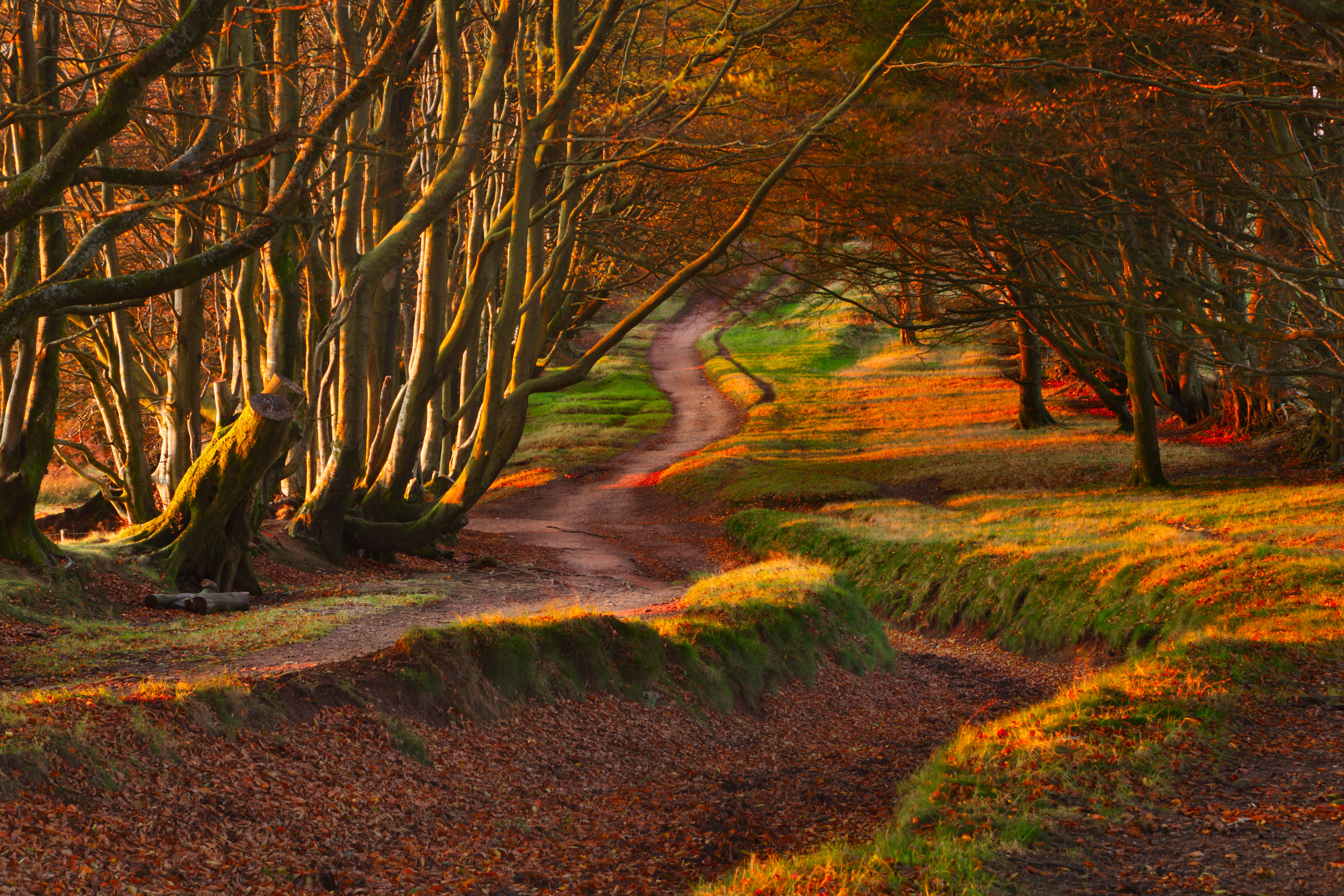
In the late summer of 1797, the young philosopher Samuel Taylor Coleridge found himself stuck at home under a lime tree in the garden, nursing a scalded foot. He was living near the Wordsworths in west Somerset, at Nether Stowey, and his friends had gone off that afternoon with Charles Lamb, down from London where he worked.

As evening fell, Coleridge began writing a poem, This Lime-tree Bower My Prison, in a mood of self-pity. His friends were off on one of his favourite walks in the Quantocks. He imagined the pleasure they would be taking from seeing the sights:
The roaring dell, o’erwooded,
narrow, deep,
And only speckled by the mid-day
sun.
He began to track their progress in his mind, seeing them ‘wander in gladness’ by the arching ash, the waterfall and blue clay-stone, emerging from the woods into
Exquisite houses, the beauty of Nature, and how to get the most from your life, straight to your inbox.
The many-steepled tract magnificent
Of hilly fields and meadows,
and the sea.
As he wrote, Coleridge’s imaginative sympathy was kindled and he began to consider how much ‘gentle-hearted Charles’ would be enjoying the outing, as a break from city toil and disappointments. The thought stopped him feeling sorry for himself:
A delight
Comes sudden on my heart,
and I am glad
As I myself were there!
I have learned these details from Adam Nicholson’s book The Making of Poetry: Coleridge and the Wordsworths and their Year of Marvels, tightly focused on a single year when both poets were young and unknown and living in Somerset, talking, walking, eating together and hammering out their ideas on politics, love, poetry or truth.
'At a ping! we escape with Stan ourselves, leap beyond our virtual fence, across the boundaries of the imagination and into the woods'
There was true friendship and sublimated rivalry. Coleridge never stopped talking and would blindly weave from side to side in the lane, getting in his companion’s way; Wordsworth was more private, more reflective, absorbing Coleridge’s conversation, and, finally, more successful. Perhaps Coleridge’s albatross, too, as Adam subtly speculates.
When I got to the bit about William and Dorothy leaving Coleridge behind in the garden, I thought of Stan, our lurcher, who wears a small, white, plastic box attached to his collar. A friend of ours, getting muddled up with St Bernards taking their little barrel of brandy through the snow, once mistook it for an emergency reel of dental floss, but it’s really a GPS tracker that sends news of Stan’s whereabouts to an app on our mobile phones. Click on the app and a satellite picture appears with a small blue house for home and a picture of Stan inside a red ring.
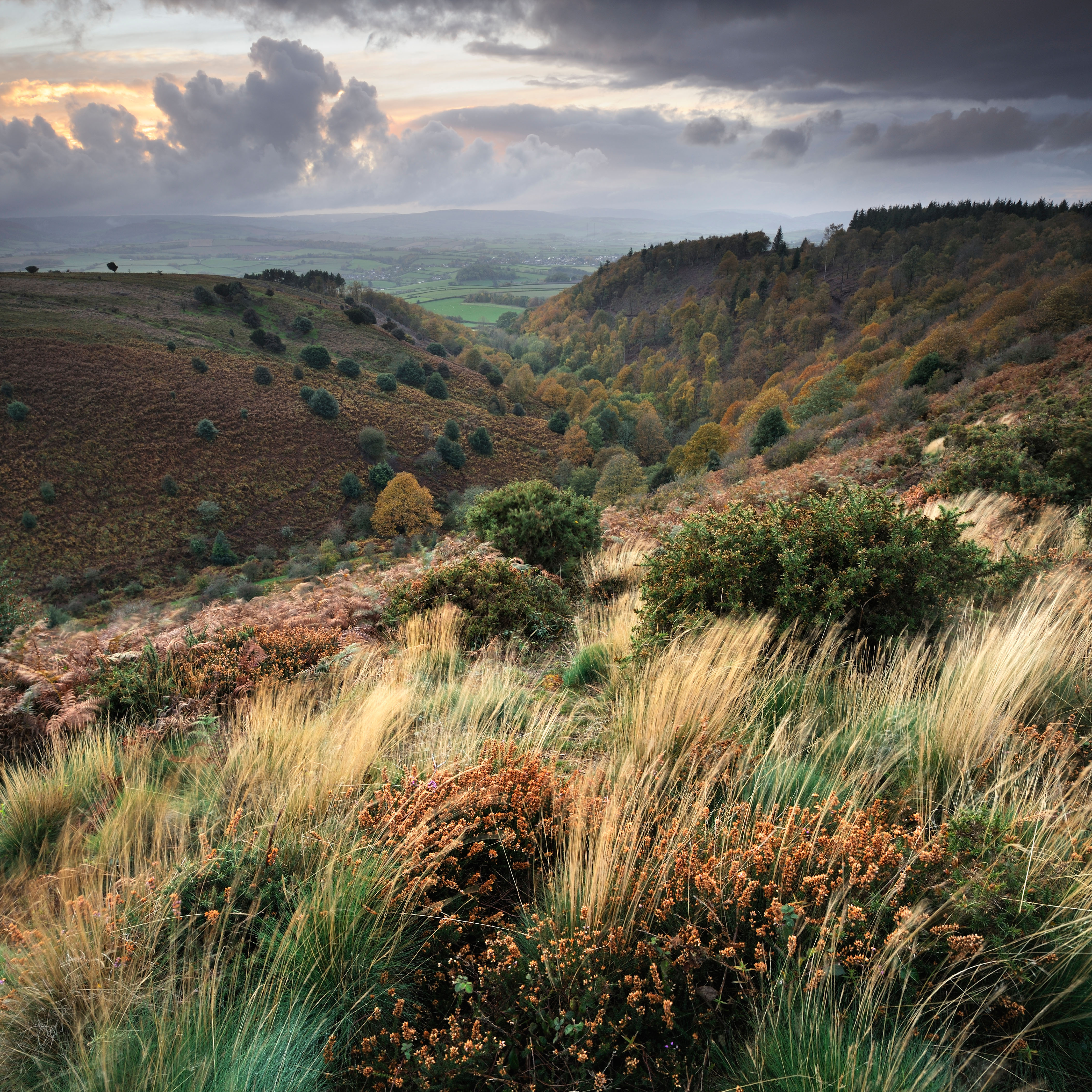
Should he roam beyond a fixed perimeter – the so-called Virtual Fence – and into the field next door, a text appears: Stan has left the Virtual Fence. The same notification pops up when you take him for a walk. On coming home, it flashes up: Stan has entered the Virtual Fence.
You could say it is the encroachment of the surveillance state, but I prefer to think it’s the app for imaginative sympathy, like Coleridge tracking his friends’ progress in his mind’s eye. No matter where you are in the world, whether you plod the mean streets of London or fret in an uncongenial office – ‘In the great City pent, winning thy way/With sad yet patient soul, through evil and pain/And strange calamity’ – you can see what’s going on at home with the dog.
‘That we may lift the soul, and contemplate/With lively joy the joys we cannot share'
At a ping! we escape with Stan ourselves, leap beyond our virtual fence, across the boundaries of the imagination and into the woods. For a moment, we are chasing rabbits, out on the hill and happy, as the poet said: ‘That we may lift the soul, and contemplate/With lively joy the joys we cannot share.’

Jason Goodwin: In memory of Norman Stone, my tutor, guide, world traveller — and friend
Jason Goodwin pays tribute to an old friend and mentor.
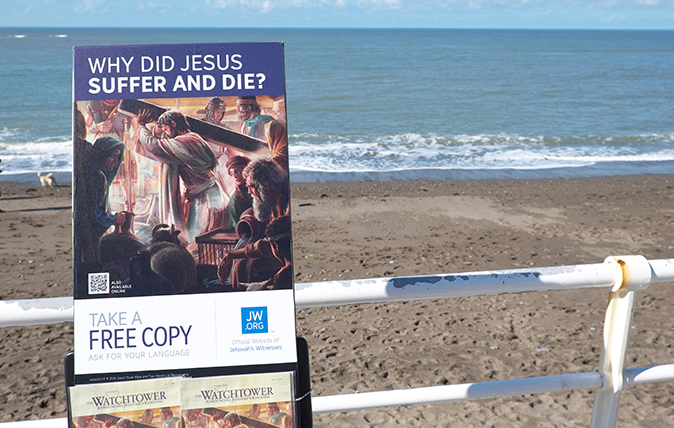
Jason Goodwin: Keeping up with the Jehovahs
'I don’t get into theological debate with them; I simply like to bask awhile in their radiant happiness'
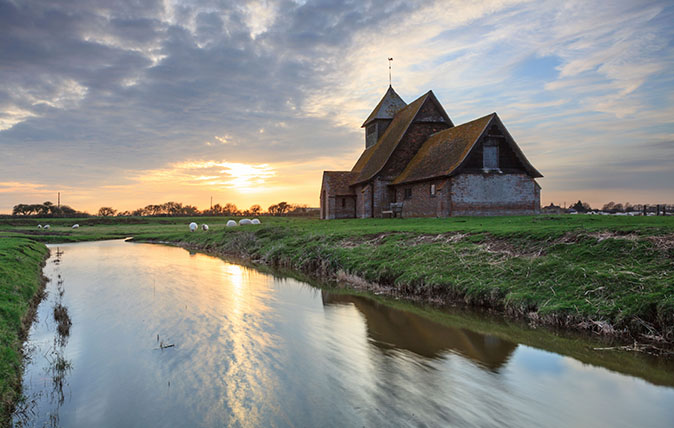
Jason Goodwin: 'On our watch, the natural glories of our island have been atrociously depleted'
Our columnist Jason Goodwin laments the staggering decline of British wildlife and the depletion of our island's natural glories.

Credit: Alamy
Jason Goodwin: On wardrobes, spontaneous combustion and burning Vladimir Putin
Our columnist takes his life into his own hands by witnessing the ceremonial destruction of Russian premier Vladimir Putin.
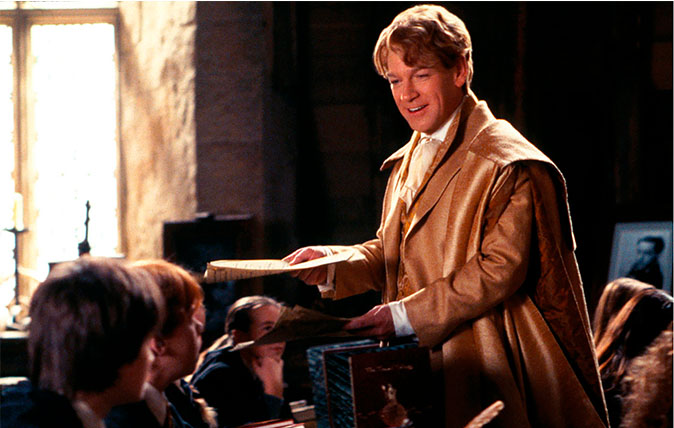
Credit: Alamy
Jason Goodwin: 'Our headmaster was more Gilderoy Lockhart than Dr Arnold'
The graduation ceremony of Jason Goodwin's son reminds our columnist of the latin prayers which were so prolific in his

Credit: Alamy
Jason Goodwin: How to be a Master of Mayo
Jason Goodwin teaches us how to make the perfect mayonaise, while explaining why he's jinked to fail each time and
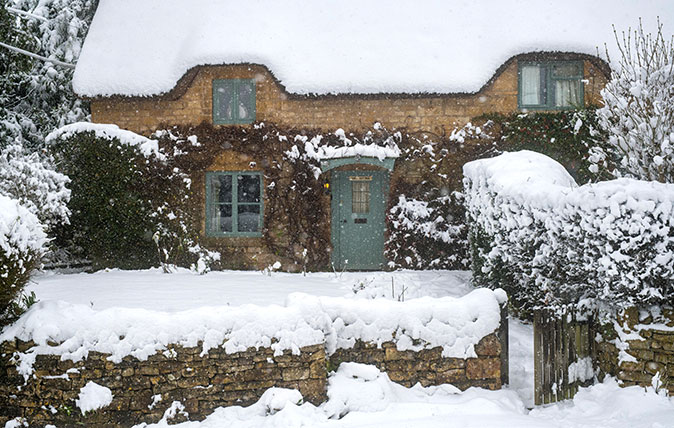
Credit: Tim Gainey / Alamy Stock Photo
Jason Goodwin: ‘The only sounds were the yawning of dogs, the spitting of logs in the fireplace and the occasional papery gulp of somebody turning a page’
Snowed in and without power, Jason Goodwin was left to live a medieval lifestyle that was rejuvenating and romantic... but

Credit: Alamy
Jason Goodwin: 'We have books all over the floors and carpets on the furniture'
Our columnist Jason Goodwin talks about jam jars, duvets and the books which are taking over his house.

Credit: Alamy
Jason Goodwin: The unbeatable 10-minute, £10 haircut — and who cares what it looks like at the end?
More speed, less fuss. What more could you ask for from a barber, asks Jason Goodwin.